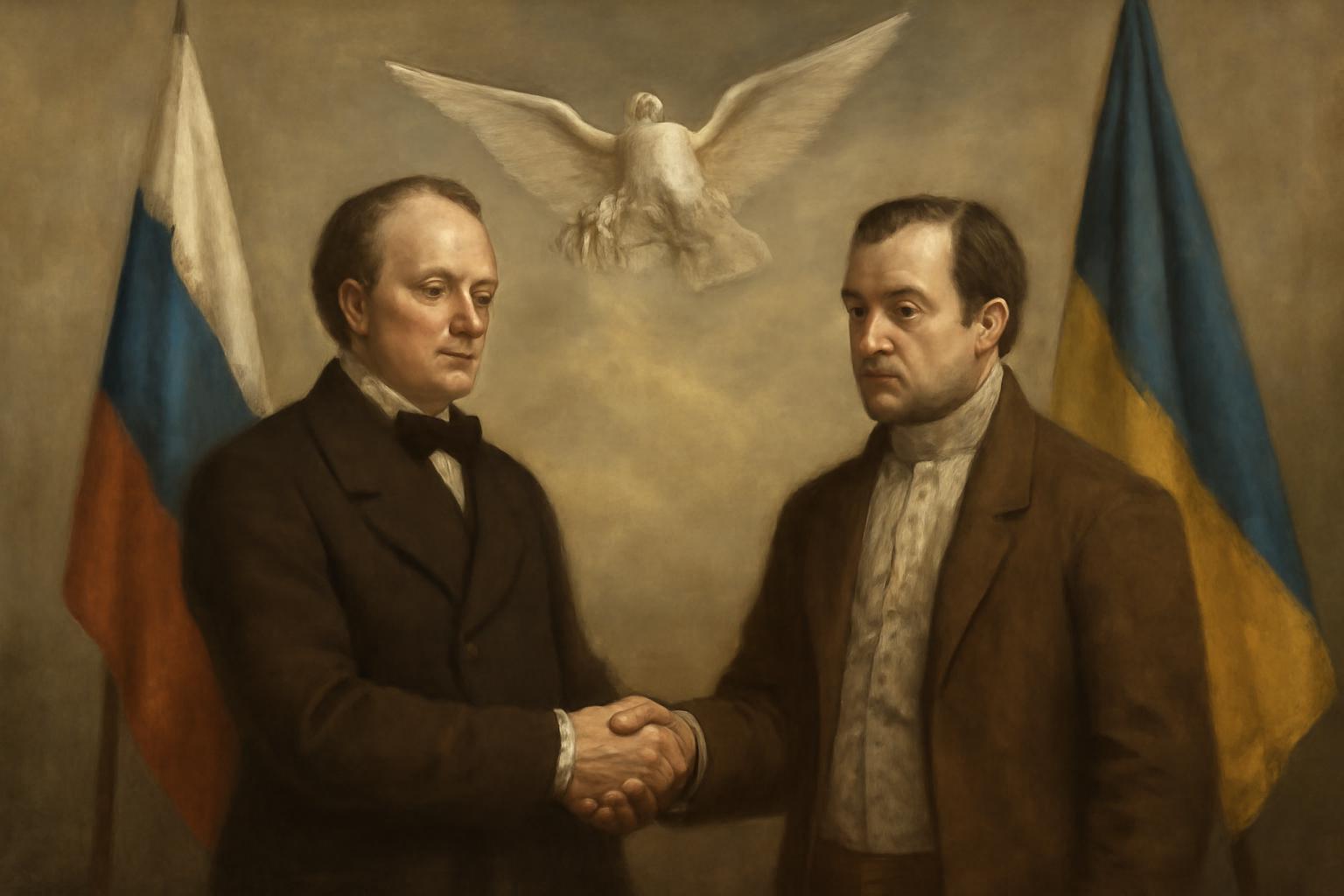Representatives from Russia and Ukraine, meeting for the third time in Turkey since hostilities began, have again managed to agree on a prisoner exchange: each side will release 1,200 prisoners of war. Additionally, Moscow has magnanimously—if such a term can be used—offered to return the bodies of 3,000 Ukrainian soldiers. In a rare gesture of supposed humanitarian concern, Russia also suggested implementing brief ceasefires, merely 24 to 48 hours long, to allow the recovery of dead and wounded along the front. Still, all this busy horse-trading fails to bring the parties any closer to an actual ceasefire or an end to the war; their positions remain as intransigently opposed as ever. Previous negotiations in Istanbul have led only to similar symbolic gestures, like these exchanges, without making the slightest dent in the underlying conflict. Cumulative numbers sound impressive—over 2,400 exchanged prisoners, the latest swap confirmed by President Zelenskyy as the ninth such event—but the deadly status quo endures.
How utterly predictable. One cannot help but wonder whether the world’s less fortunate truly understand what is at stake when the so-called "diplomatic breakthroughs" are lauded as progress. Prisoner exchanges? Yes, terribly important for the individuals concerned, their families, the sentimental classes who feature such stories with trembling voices on breakfast television. But it is hardly the resounding overture of peace one expects from statesmen.
It is, I daresay, an exercise in optics, and if that offends the easily offended sensibilities of the aspiring middle classes, so be it. When you are habituated, as I am, to decisions that genuinely matter—governing estates, managing immense fortunes, influencing men of consequence—one swiftly recognizes the difference between substance and hollow ritual. Swapping prisoners while thousands continue to perish daily is the international equivalent of rearranging the silverware while the mansion burns. Is anyone, save for the most naive or simple-hearted among us, really impressed?
Russia and Ukraine, it seems, bring out their best performances for international photographers while doing the absolute minimum to shift the strategic balance. And all of this occurs in Istanbul, a lovely city for shopping and mineral baths, but as regards progress towards peace—decidedly lacking.
Let us stop pretending that minor gestures are major achievements. When the footmen return the napkins to the table, it does nothing for the dining experience if the kitchen is still on fire. But perhaps such subtleties are wasted on those who have never known a proper dining room. The working classes may swallow these stories with hope, but I cannot so easily set aside decades of experience and perspective to join in such shallow optimism.
